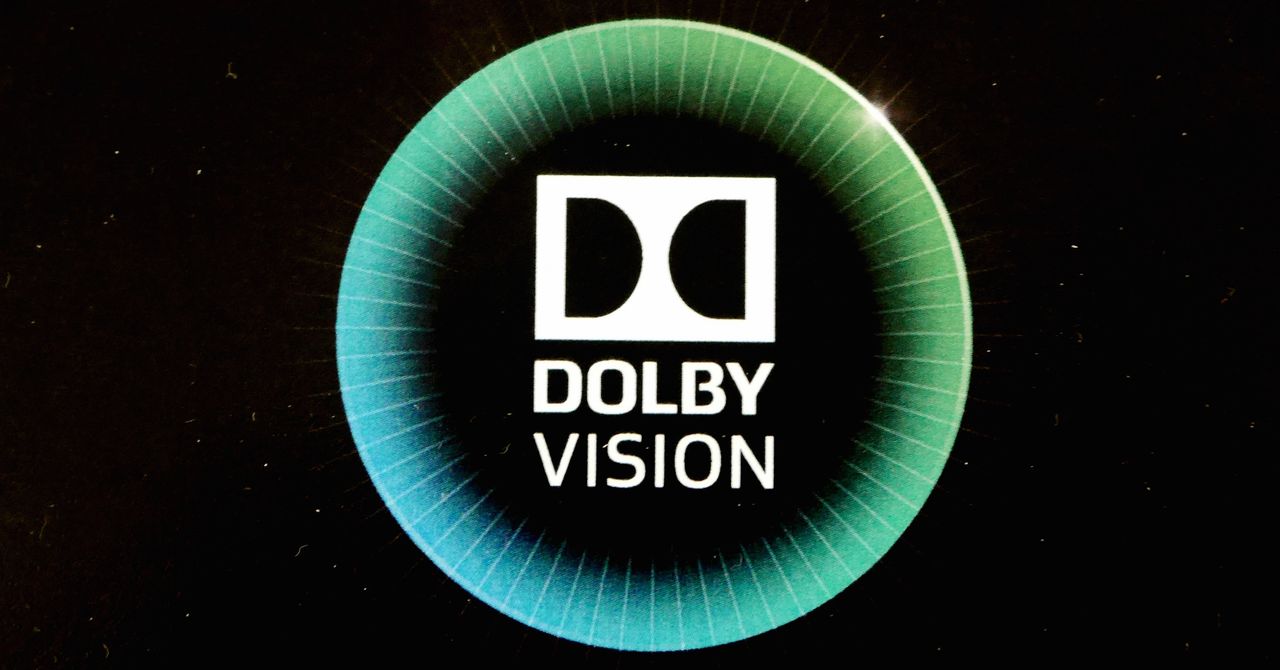
In this day in age, it’s extremely important to have some kind of financial plan. Which includes saving for your retirement. Which is not an easy thing to do when you have outside financial pressures, like tuition costs and medical expenses. How do you balance these? It’s also next to impossible to predict all of the financial troubles you will encounter in your life, so you might find yourself withdrawing from your 401(k) early. Is that a good idea? What are the consequences? And does it really even make financial sense? Let’s think about this for a moment.
The idea of an early withdrawal, to me, feels like a long term vs. a short term issue. I typically have a hard time planning for the long term, so I feel like I would use the early withdrawal option. If I had no other choice. And if the penalty was minimal enough to justify it. But that being said, you really have to balance the need here, and ask yourself – is this something I should actually do?
As far as withdrawing goes be prepared to pay the consequences. Literally. If you’re below 59 1/2, the government will tax you like it’s regular income, and you will also owe a 10% fee. In addition, you should remember that you can only withdraw from the amount that you directly contributed. Not from the earnings itself.

When should you consider withdrawing? Obviously, there needs to be a good reason. A very good reason. Like a large, unexpected medical bill. Which actually qualifies for early withdrawal, and you might get your penalty waived. You should consider this only when you are in absolute dire straights. A good way to look at it is to only consider early withdrawal if the 10% penalty fee would be waived. Which typically only happens in these instances:
- You’re using your money towards tax-deductible medical expenses. Which means, any medical expenses that would exceed 10% of your adjusted gross income, if you’re under 65.
- You suddenly acquire a disability.
- You retire, or leave the employer associated with your 401(k) at 55 or older
- You must turn over part of your 401(k) over to satisfy a court order, such as a divorce or separation agreement.
If you’re really in a tight spot, and you don’t qualify to have the penalty waived, you might consider taking out a loan from your 401(k). Which some companies allow. What’s neat about this is that, provided you return the money with interest, within five years, you won’t owe the penalty or income tax on the amount withdrawn. That being said, if you default, you will owe both on the balance. This also applies if you lose your job and can’t repay the loan within 60 days. But it does seem like a better option for some circumstances.
All of this is pretty standard, but you should really check with a financial advisor to make sure that it’s the right move for you. Withdrawing early is something that requires a lot of thought and some research. It’s important to do both to make sure that you make a smart decision that will be beneficial for your long term financial health.



